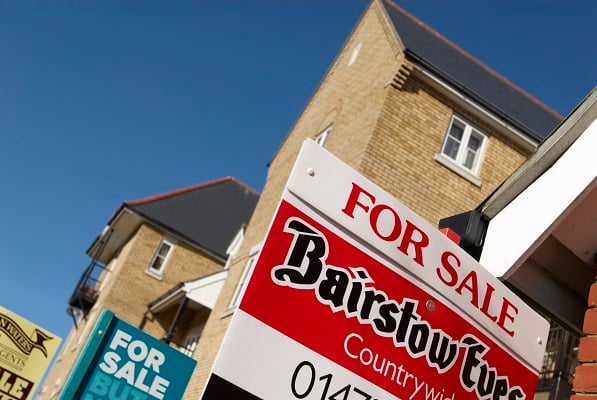The rise in house prices has made it more difficult for the new generation of homeowners to get onto the property ladder over recent years.
Experts at Confused.com mortgages have released their guide to getting on the property ladder to help you navigate the easiest way to buy your first home.
How to get on the property ladder:
Save a deposit
Most lenders will typically expect you to have saved a deposit worth at least between 5 and 20% of your desired home. This acts as a security against your loan. The average deposit for first-time buyers is estimated at 20%.
The average house price for first-time buyers in the UK was around £302,000 in 2022. Assuming a 20% deposit, the average first-time buyer needs a deposit of around £60,000. The average house price for all buyers is a little less at £285,000, so buyers would need around £56,000.
Fear not, however, as there will be mortgages available for lower deposits, such as 5 and 10%. You will just need to shop around for them. For lower-budget buyers, you should expect to save around £10,000 to meet a 10% deposit on a £100,000 home.
Improve your credit score
Credit scores are important in being approved for a mortgage. Checking your credit report will show you what lenders see when they review your application. This will help you identify where to improve your score. You can get a copy of your credit report from credit reference agencies such as Experian or Equifax.
If your credit rating is low there are several ways to improve it. Close down any credit card accounts you no longer use. Pay off any outstanding debts. Make sure you are paying all your bills on time. If you use a credit card for everyday spending, pay it off in full at the end of each month.
Manage your finances and spending history
Lenders will take a keen look into your finances when you apply for a mortgage. This is known as affordability checking. Your finances will need to show you can afford your mortgage repayments now and in the future. Your credit score will also play a role in your affordability check.
Lenders will look at all your income and outgoings, and any debts such as loans and credit cards. Lenders will also look to see if you can meet your repayments under emergency circumstances, for example, if interest rates rose, you lost your job, or you started a family.
You can increase your chances of passing an affordability check by paying off any debts you have and reining in any excessive spending on luxuries. Many lenders will want to see you have been in continuous employment for at least 3-6 months at your current job, and have a solid work history.
You’ll need to prepare your financial information beforehand. Keep track of your salary, credit card statements, and daily spending somewhere easy to access (such as a spreadsheet). This includes mobile phone bills, entertainment subscriptions, gas and energy bills, and your shopping habits.






Leave a Comment